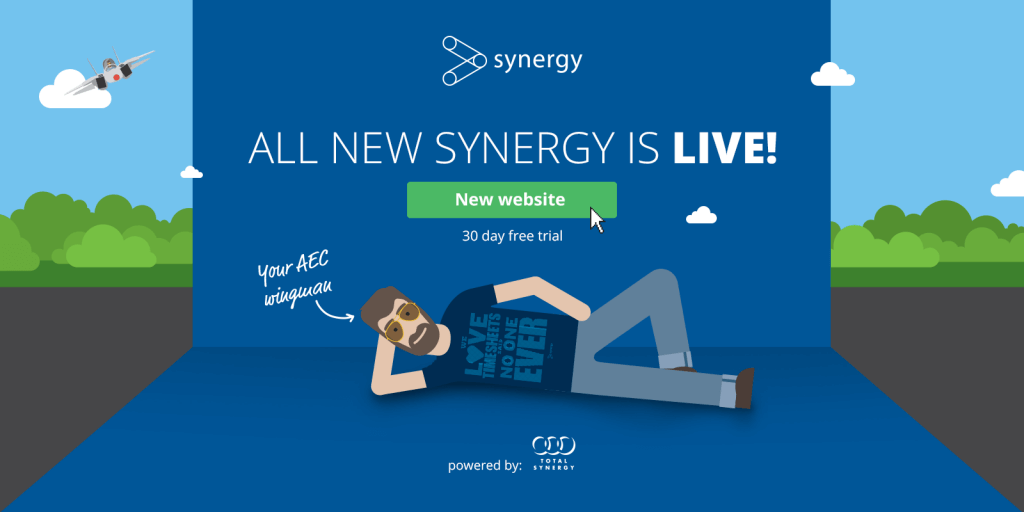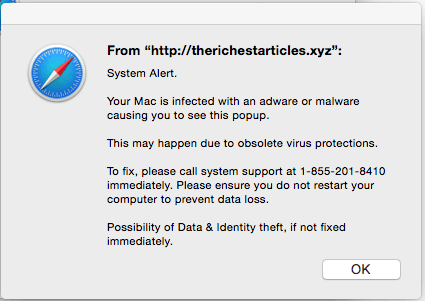
- #QUICKBOOKS DESKTOP WEB BROWSER HANGS CREDIT CARD LOGIN PLUS#
- #QUICKBOOKS DESKTOP WEB BROWSER HANGS CREDIT CARD LOGIN FREE#
#QUICKBOOKS DESKTOP WEB BROWSER HANGS CREDIT CARD LOGIN FREE#
Simple, economical technology: free or low-cost payment processing systems and equipment that work well wherever you sell.Transparent fees: simple flat-rate fees with no surprises on your monthly statements.Quick, easy account setup: fast application and approval, in most cases you can start processing payments the same day.Still not sure if a third-party processor is right for you? This may help: Pros of Choosing a Third-Party Payment Processor: At high sales volumes, businesses can negotiate lower fees and take advantage of the user-friendly, streamlined technology that these all-in-one payment services deliver.

That said, plenty of multimillion-dollar businesses use third-party payment processors. The simple fee structure and seamless sell-anywhere technology that third-party processors deliver make them a perfect fit for online, retail and multichannel small business needs. Merchant Services: At a GlanceĪs a general rule, third-party payment processors are the ideal choice for businesses that process less than $250,000 in credit card and online payments per year.
#QUICKBOOKS DESKTOP WEB BROWSER HANGS CREDIT CARD LOGIN PLUS#
This can add to your startup and ongoing costs, plus require more setup and integration to make it all work. They generally rely on outside providers for essentials such as online payment gateways, in-store retail POS equipment and card readers. Plus, they typically have long-term contracts, setup and monthly fees, and termination fees for canceling the service early.Ĭonnecting to payment processing technology and equipment can be trickier with a merchant account, too. However, unlike third-party processors’ quick account approvals, the application, approval and setup process for a merchant account can take weeks. Merchant accounts also tend to make funds available a day or two faster than third-party processors. With customized plans based on sales volume and other factors, these can deliver cheaper credit card processing rates compared to the flat-rate fees of third-party processors. Stand-alone merchant accounts offer a variety of fee structures, such as interchange-plus and tiered rates. Resolving these issues can be more difficult compared to a stand-alone merchant account. Third-party processors also tend to freeze funds on accounts with a high number of fraudulent charges or chargebacks.


However, access to processed funds tends to take a day or two longer compared to a merchant account. Third-party processors also provide free or low-cost technology and point-of-sale (POS) equipment that seamlessly connects payments wherever you sell-online, in-store, in-app or using mobile card readers. If you want to switch to another payment provider or close your account, you can without termination fees. Unlike most merchant accounts, third-party processors don’t have long-term contracts or commitments.

Clients enjoy quick or immediate account approval, easy setup and simple flat-rate fees. Third-party processors typically deliver a more simplified, streamlined service compared to stand-alone merchant accounts. Where these options differ is in ease of setup and use, rate flexibility, technology, long-term commitments and access to funds. Both third-party processors and merchant account providers offer payment services to all types and sizes of businesses.


 0 kommentar(er)
0 kommentar(er)
